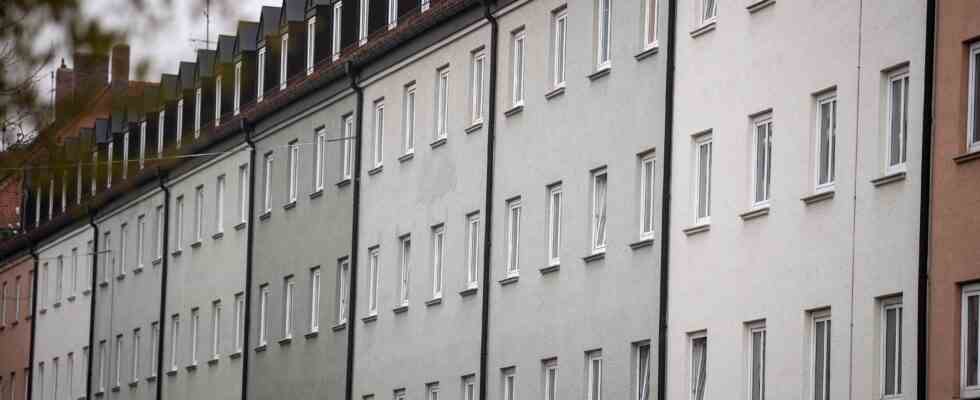Status: 01/02/2023 06:22 a.m
With “applications light” quickly to the new housing allowance: Because the administrations can hardly cope with the expected flood of applications at the beginning of the year, there should be simplified procedures. That also entails risks.
“Wohngeld Plus” – this is what the federal government calls the extended housing benefit that has been in effect since January 1st. Implementation is likely to be bumpy in the first few weeks. But it is worth checking whether you are now entitled to housing benefit as a result of the reform.
Just a few years ago, there was a bitter debate about what the best way to protect poorer households from high housing costs was. Social housing? Rent brakes? Or the housing benefit?
In the meantime, the various measures exist in parallel, with the housing allowance now being given a significant boost: the previous 600,000 recipients could become around two million through relaxed eligibility requirements. The average payment of 192 euros per month so far is to increase to around 370 euros due to new subsidy rates. After spending 1.4 billion euros in 2021, more than five billion euros are now expected in the coming year – divided equally between the federal and state governments.
“Historically Greatest Reform”
Federal Building Minister Klara Geywitz (SPD) speaks of “housing benefit plus” – and the “historically largest reform of housing benefit”, which, however, requires a great deal of effort: especially in the municipalities in which the housing benefit offices are located.
Until recently, the representatives of the municipalities had warned against a short-term implementation of the housing benefit reform. Because the effort is enormous, starting with the conversion of the IT to the search for new staff.
“crunches and creaks”
Building Minister Geywitz also admits that there will be “crunching and creaking”. Her argument for the rapid introduction: In view of the significant rise in energy prices, action had to be taken immediately. If the reform had not been implemented until 2024, the municipalities would have more time, but people would lack the urgently needed financial support.
The municipalities can first issue simplified notifications, the Ministry of Construction decided shortly before Christmas, in order to alleviate the implementation problems. The German Association of Cities welcomes this. Managing Director Helmut Dedy points out, however, that each application then has to be processed twice – once provisionally and then finally. This can also mean that money has to be repaid if applications are rejected later or decisions are corrected. Axel Gedaschko from the housing industry association GDW therefore sees a lot of potential for frustration. You shouldn’t be telling people that they’ll get state subsidies shortly after they’ve applied: “That’s a good plan in theory, but it won’t work until the end of the year.”
Four sizes are crucial
In principle, however, it is worthwhile for everyone who has a low income or a low pension to take a look at the housing benefit calculator that the Ministry of Building has provided on its website. Whether and how much housing benefit you get depends on four factors: income, household size, rent and the region in which you live. Under certain conditions, owners also receive a state subsidy.
And with all the problems that are to be expected in the implementation in the first few weeks and months: even if an application for housing benefit can only be processed with a delay: the money may be available retrospectively, from the month in which the application is made.

